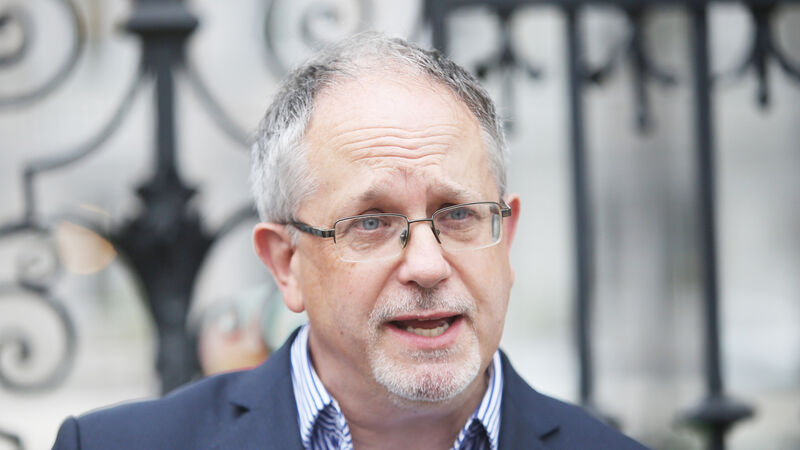Mick Clifford: Misuse of Dáil privilege in trans debate

People Before Profit-Solidarity TD Mick Barry used Dáil privilege to make remarks about psychotherapist Stella O’Malley.
Try from €1.50 / week
SUBSCRIBE
People Before Profit-Solidarity TD Mick Barry used Dáil privilege to make remarks about psychotherapist Stella O’Malley.
ON May 10, Mick Barry trashed the reputation of a private citizen in the Dáil. Speaking with the privilege that protects members of the house from legal action, the Solidarity TD said that psychotherapist Stella O’Malley had been invited to address an Education Training Board conference on managing gender issues in schools.
“Ms O’Malley is an extremely controversial figure among the transgender community in Ireland and internationally,” he said during Leaders’ Questions. “Why would that not be the case when she recently messaged on a gay rights advocacy group, which excludes trans people, that ‘I don’t’ think you should have any empathy, and I haven’t asked anybody to have any empathy and I don’t think you should have empathy or sympathy."
Already a subscriber? Sign in
You have reached your article limit.
Annual €130 €80
Best value
Monthly €12€6 / month
Introductory offers for new customers. Annual billed once for first year. Renews at €130. Monthly initial discount (first 3 months) billed monthly, then €12 a month. Ts&Cs apply.
CONNECT WITH US TODAY
Be the first to know the latest news and updates
Newsletter
Sign up to the best reads of the week from irishexaminer.com selected just for you.

Select your favourite newsletters and get the best of Irish Examiner delivered to your inbox
Monday, February 9, 2026 - 12:00 PM
Monday, February 9, 2026 - 6:00 AM
Monday, February 9, 2026 - 8:00 AM
© Examiner Echo Group Limited